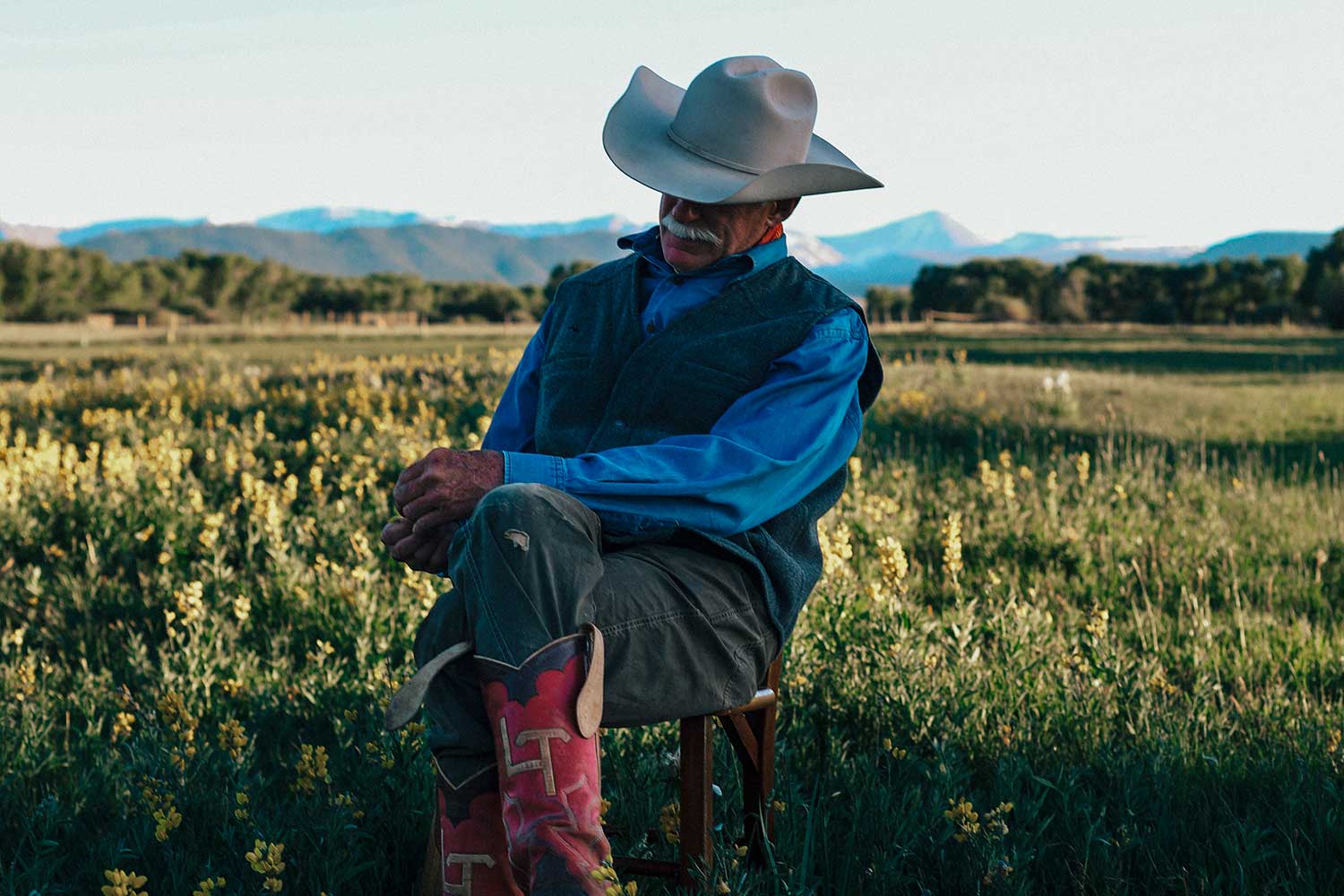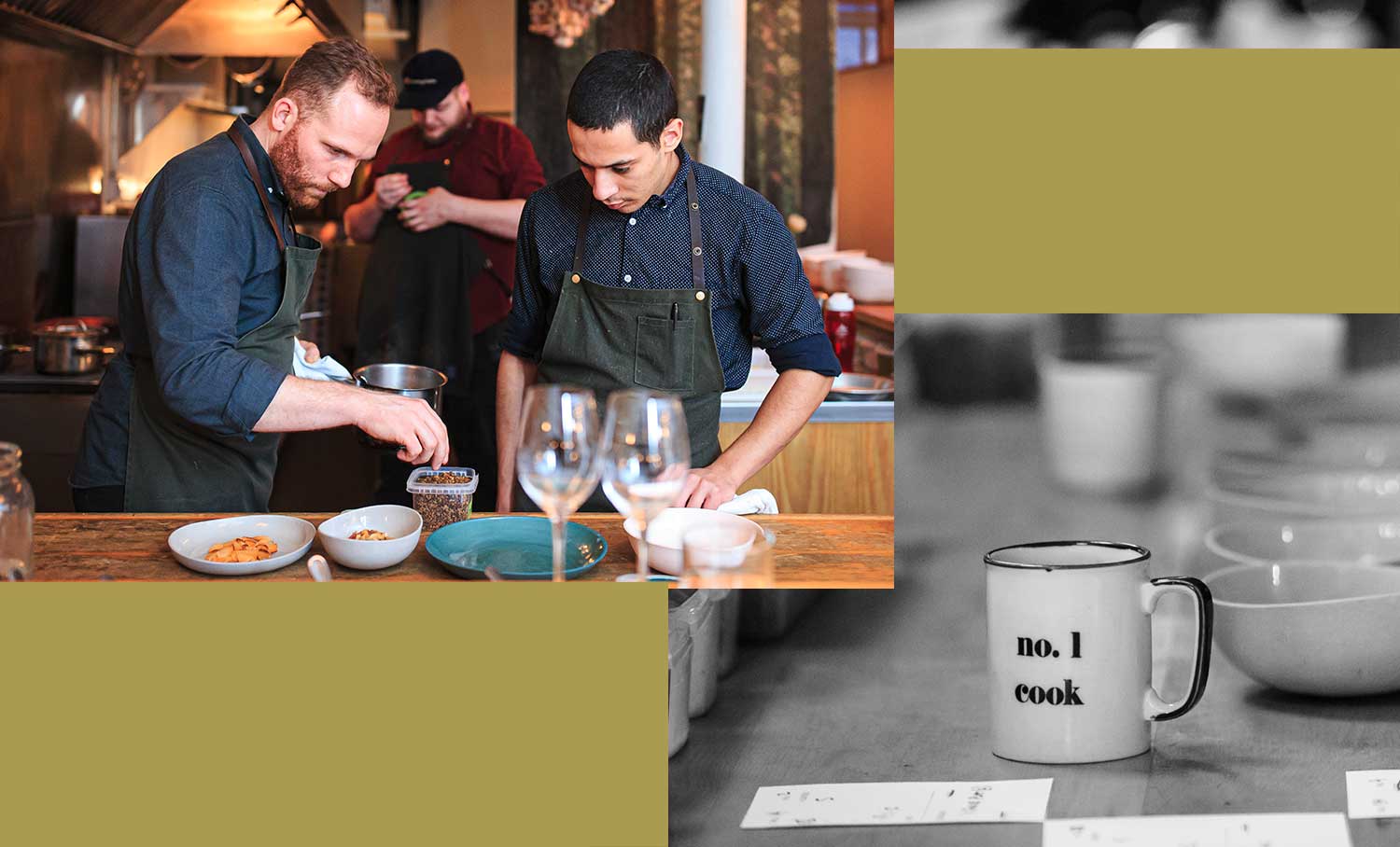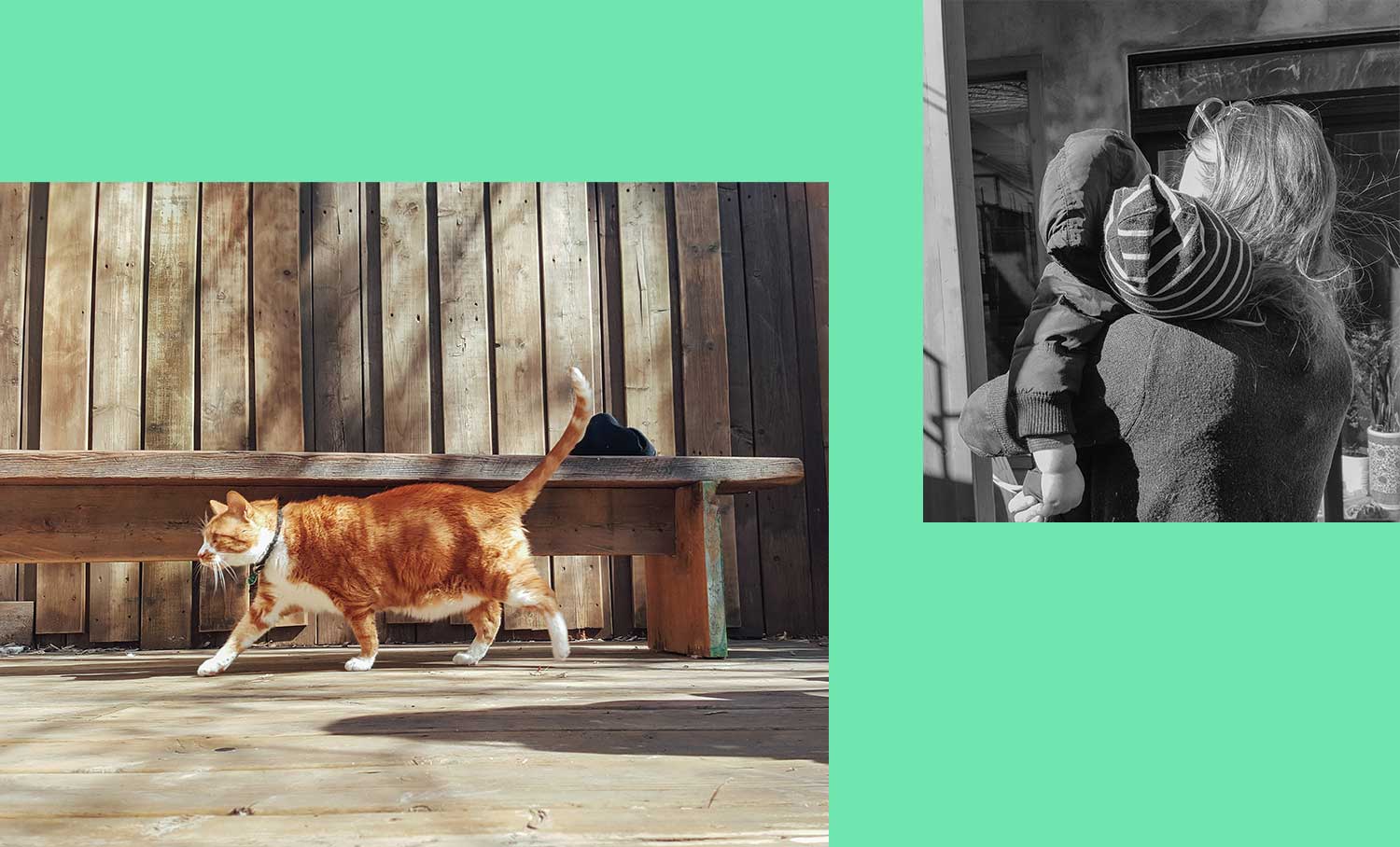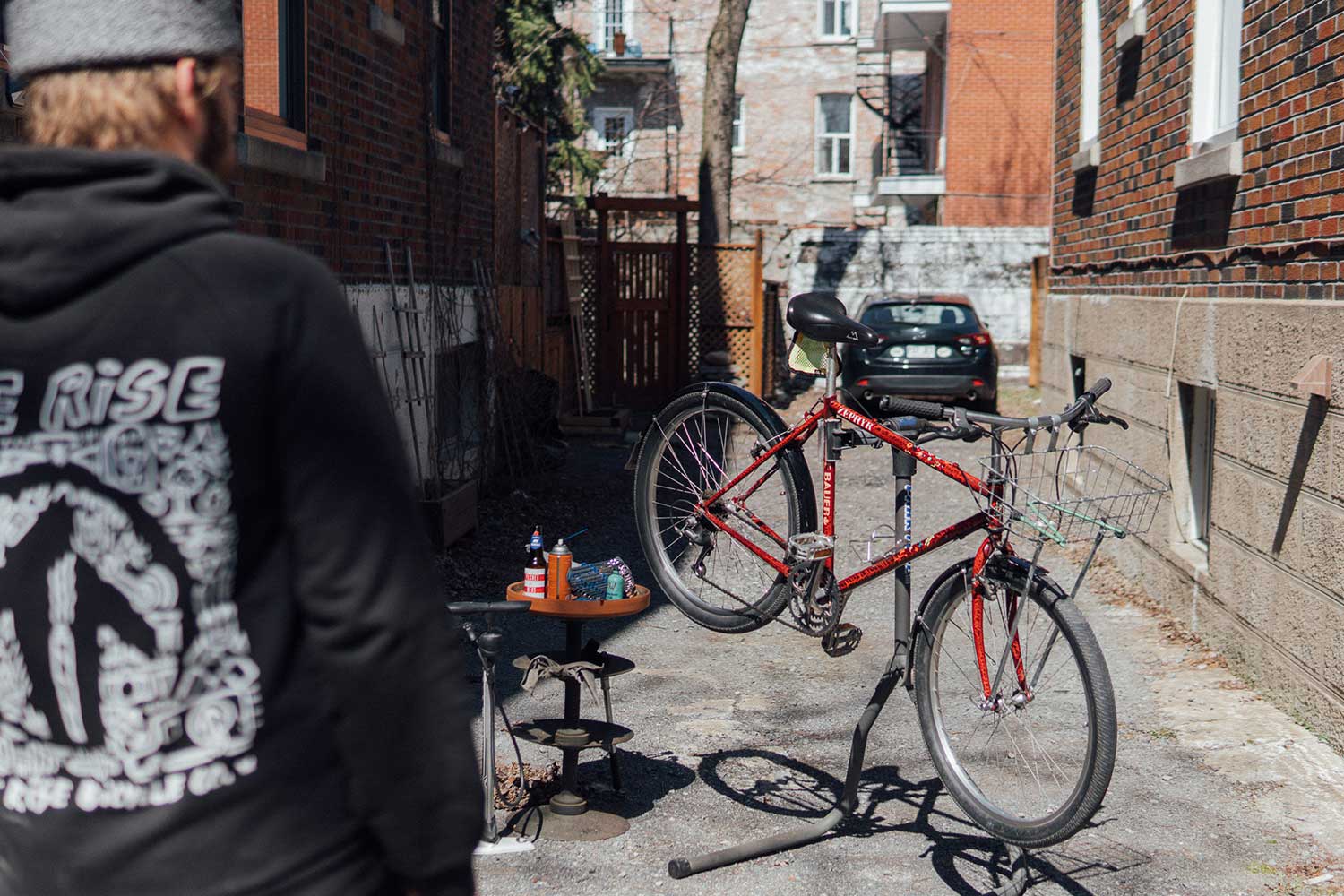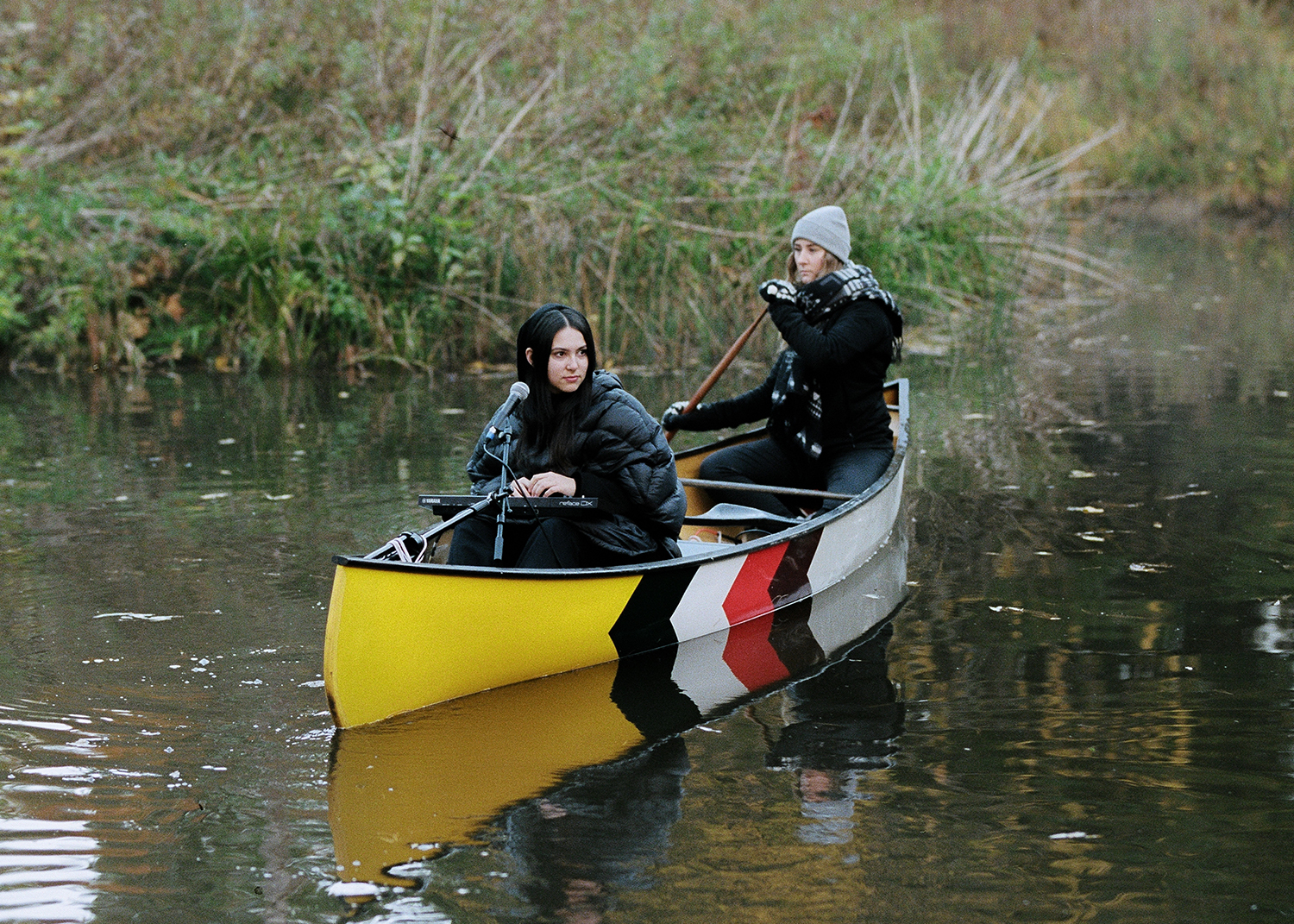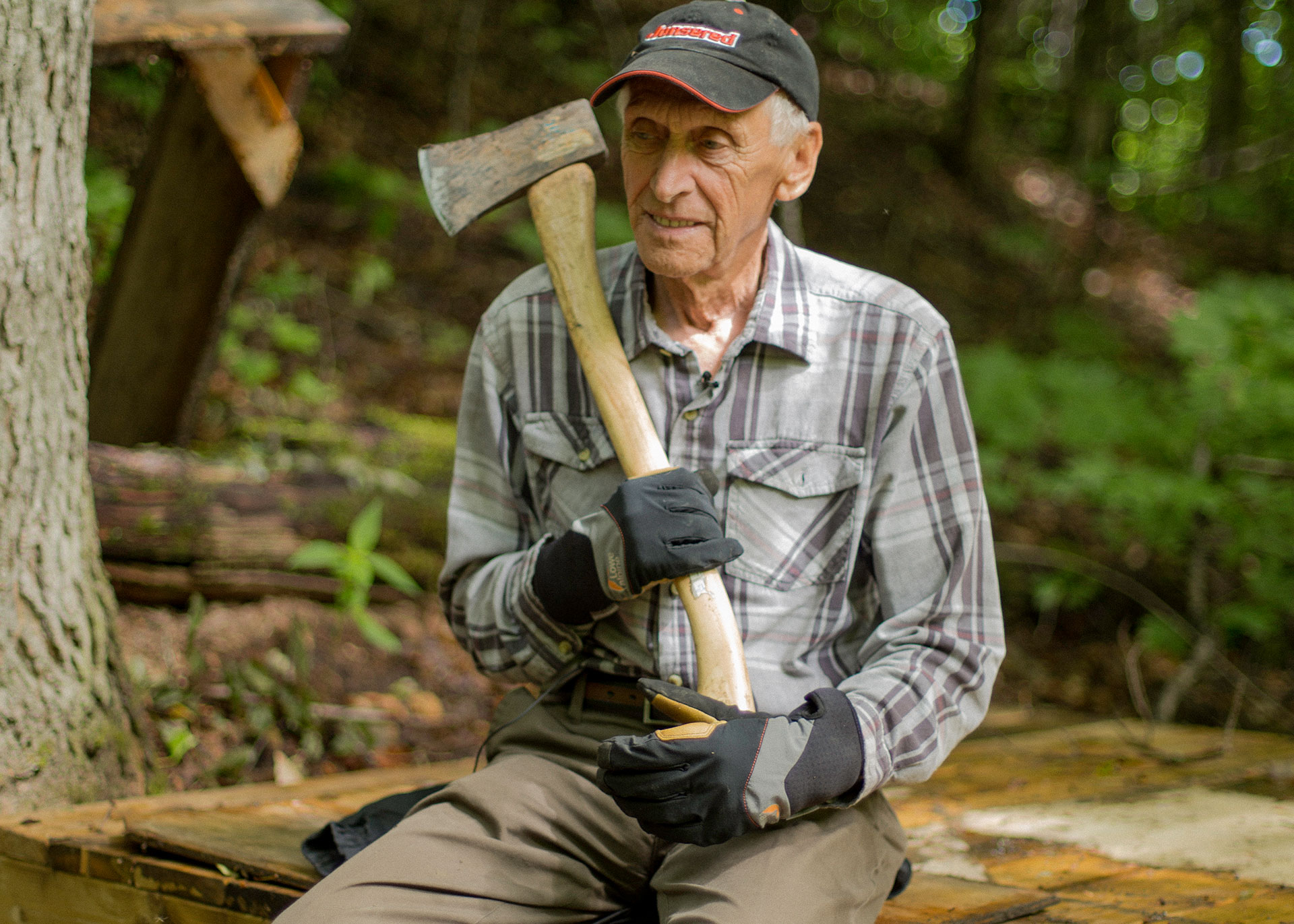Portrait
Ascent to the Top
With her all-women climbing festival and community of climbers, Shelma Jun is reaching territory—on and off the rocks—that has never been reached before.
When I first spoke to Shelma Jun, founder of Flash Foxy—an all-women climbing commun-ity and festival held twice yearly in California and Tennessee—I explained exactly how she and I had ended up on the phone that day.
First, a rock climber friend in common recommended I cover her upcoming Flash Foxy festival in Bishop, California; simultaneously, my editor at BESIDE had found Shelma and thought she was a perfect fit for the magazine. “Funny, isn’t it?” I said. “Two unrelated girlfriends urging me to reach out to you?” Shelma agreed, but saw something bigger than coincidence. “I love that it’s a story filled with powerful ladies,” she said. Shelma noticed what I had not—a deeper connection among women who don’t know each other, and one that hadn’t existed before she named it. In brief, this is Shelma Jun’s superpower.
Shelma’s story is not just about rock climbing, or rock climbing women. Shelma’s story, as with our coincidence, is about something greater: using rock climbing to address equality and sexism both in and outside the climbing gym. “Climbing is a microcosm of larger issues at hand,” says Shelma. “So to bring up women’s needs and to address racial and homophobic and socioeconomic issues in climbing is a really good place to start the conversation.” And it’s especially important to start this conversation in climbing, Shelma notes, because it is thought to be so progressive. “If sexism is everywhere else, why wouldn’t it be here? Maybe we can set the bar higher and better than everywhere.”
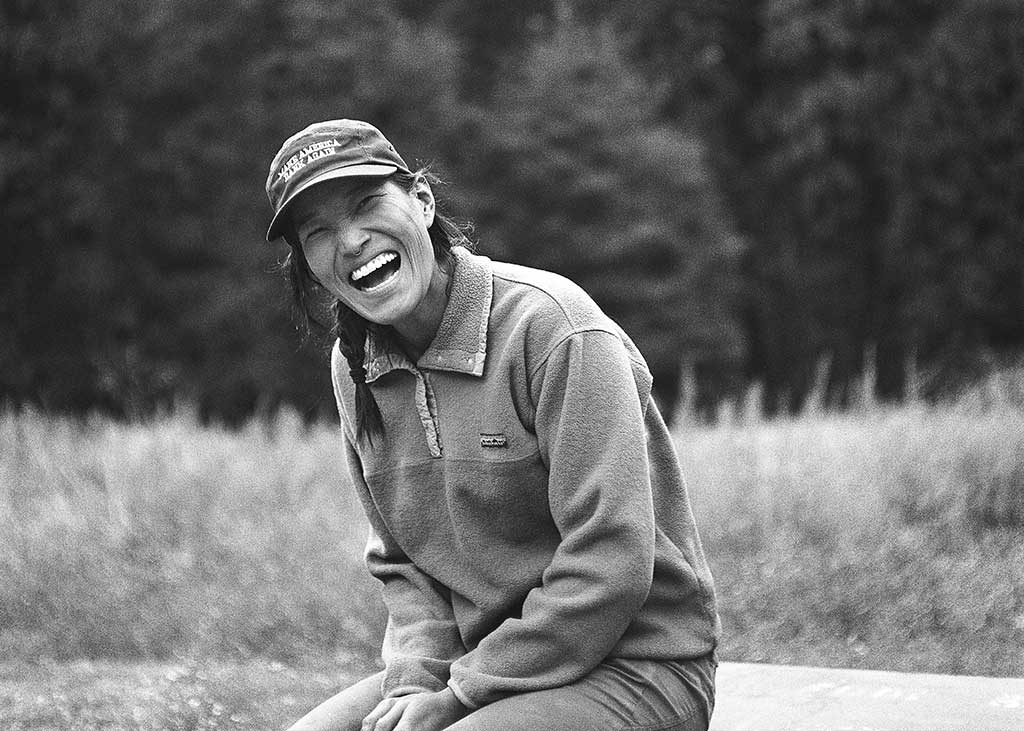
Of course, this goal did not emerge fully formed. The earliest roots of Flash Foxy (“flash” is a climb-ing term used to describe the successful ascent of a rock face using input from others) began in the 1980s, in South Korea, where Shelma was born to outdoor-loving parents. “I was always athletic and outside and using my body,” says Shelma. “There is one picture of my older sister and I in Korea, before we moved—it’s her on a dock or a pier, and she’s in a pristine white suit.” Meanwhile, Shelma had something different going on. “I’m standing next to her and my jeans are worn and torn from tripping and falling. I think it’s this quintessential picture that defines us both.”
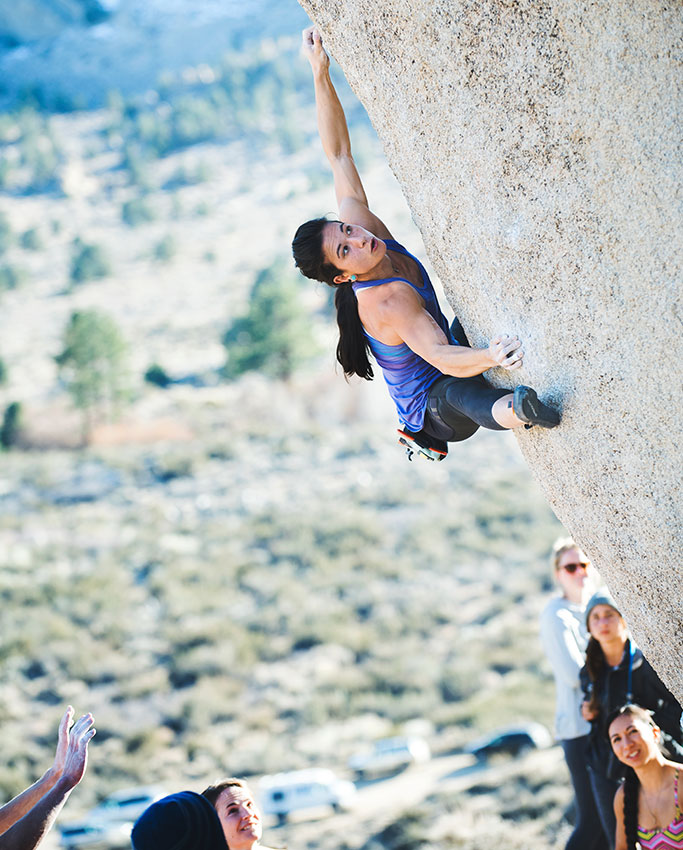
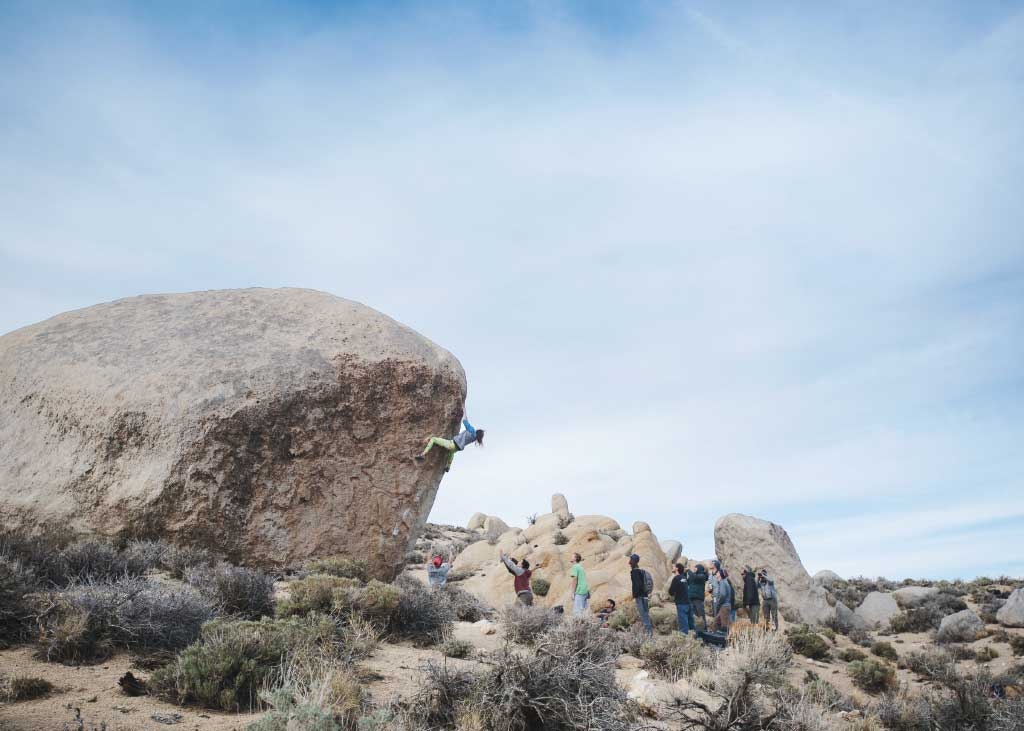
When her family moved to California in 1987, Shelma stayed connected to the outdoors: surfing, snowboarding, mountain biking, and swimming competitively. She earned a bachelor’s degree in business economics, worked as a corporate tax consultant, and, eventually, received her master’s degree in urban planning from UCLA. But oddly enough, it was not here in California—kingdom of outsized landforms and majestic mountains—but in New York City where her addiction to climbing began to take hold. She moved there in 2011 and was working for community-based non-profits. In an effort to replace her active California lifestyle, she searched for a climbing gym and a climbing partner online.
“Climbing really intrigued me,” says Shelma. “It was problem solving, but also challenging and pushing my body in different ways.” Paradoxical-ly, it was also well-suited for city life, as it can replicate the experience of scaling boulders and mountains indoors. Plus, all the people who were really into climbing at the time—before the sport reached the zenith of popularity it enjoys today—could fit inside a single gym. Pretty soon a natural community emerged around it. But Shelma noted a glaring omission: women.
“Not that my male partners treated me poorly, but it’s easy to notice when you’re the only one, and it can be really tiring and exhausting to be the only woman, or person of color, or woman of color—and lonely.”
Shelma started to notice microaggressions play out at the gym—unsolicited beta (feedback), unwanted staring from male climbers, or assumptions that a boyfriend “must have” taught a female climber the ropes. So in 2013, when she found a handful of like-minded women in climbing, they formed an immediate bond. They were “all strong, independent women who were excited to get out and push themselves in climbing, just for themselves,” says Shelma. In 2014, she started the Flash Foxy Instagram handle as a simple way to celebrate these women and their friendships. And, because her background was already in community organizing, she latched on to the idea of creating something bigger. The first Flash Foxy women’s climbing festival was held in Bishop in 2016.

